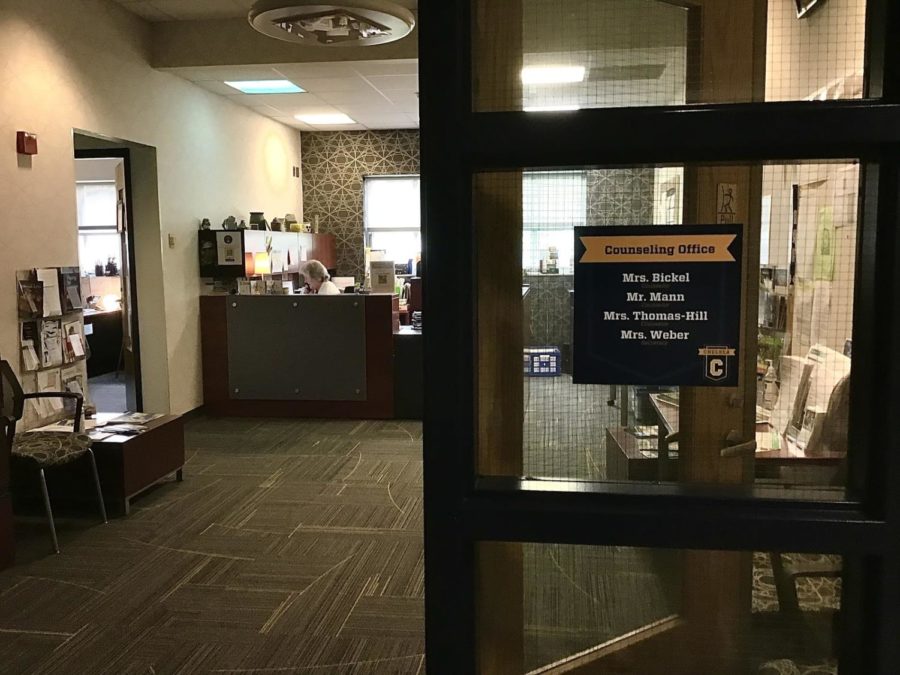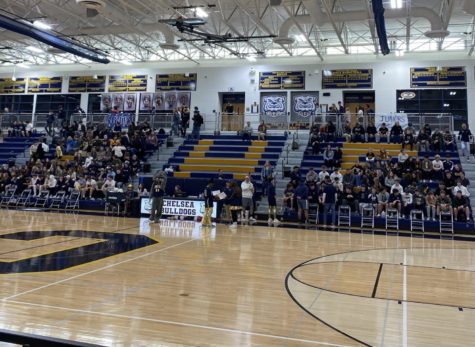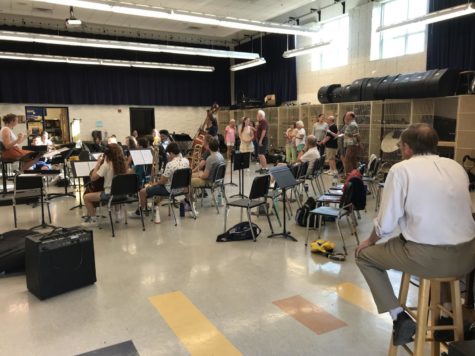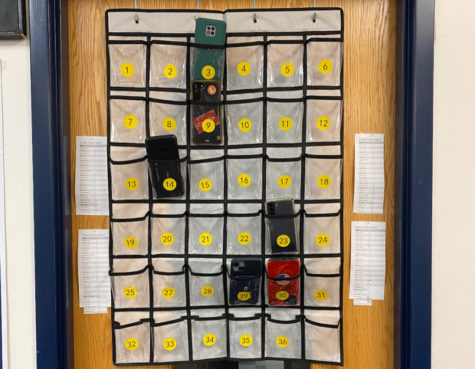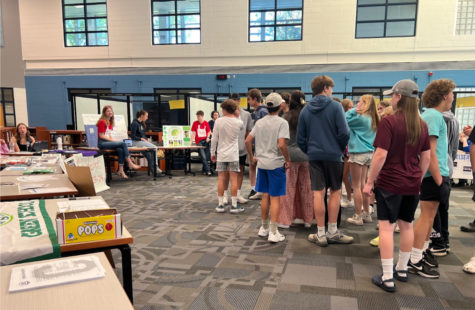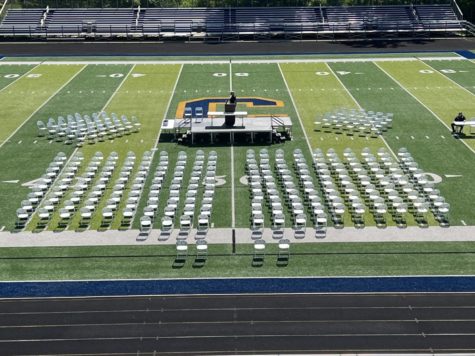Consortium, Careers, and Creativity: How Chelsea Students Juggle Consortium Classes in Schedules
Frequent visits to the counseling office are common for consortium students who are trying to fix their schedules.
At Chelsea High School, springtime means new schedules. For some, that brings excitement and change, but for others, new opportunities mean stress and uncertainty. The scheduling process starts in January for most students, but for those aspiring to take consortium, the process goes even further back, all the way to November.
Chelsea is fortunate to be a part of the SWWC (The South and West Washtenaw Consortium) which provides Career and Technical Education (CTE) opportunities to 11th and 12th grade students enrolled in the Chelsea, Dexter, Lincoln, Manchester, Milan and Saline school districts. Approximately 800 students participate in state-approved CTE programs as they continue to plan and prepare for college and career. But how does this affect the scheduling process of Chelsea students? What is different when it comes to taking these classes instead of regular ones?
Chelsea high school students Dani Wahl (‘24) and Grace Kapolka (‘25) are a part of the cosmetology program. While Wahl is experienced, as this is the end of her first year in the program, Kapolka is just getting started. The program fills a math and science credit in their schedules, as is the case with most other consortium classes. This makes it easier for students to be able to take the class and still have the required credits to graduate. Wahl is planning on continuing her cosmetology career out of high school, and hopes to make it her profession one day.
“It’s been hard with how many credits the class takes up in a schedule, and we kind of have to argue for our schedule to line up,” Wahl explained. “You’re not allowed to take the electives you want. Senior year we have to take only core classes, but even though you don’t get any electives, I think it’s worth it.”
Kapolka is beginning the class next year and has never been through the application process for consortium. Even though these students are still in high school, applying for SWWC classes is a lot like applying for a professional job.
“You have to submit an application and then you have to do an interview,” Kapolka said. “It was pretty hard because there are only 3 spots for Chelsea students in the class, but I was able to get in. I thought that it was a pretty lengthy process, and very professional.”
While cosmetology is one of the most popular SWWC classes, there are many more classes that Chelsea students take. Sophomore Abe Elandt is taking building trades next year in Saline, along with Griffin Tokarski (24’) who is a part of the welding program. Both of these classes count for math and science credits, but are a very different scene from cosmetology.
“Overall, my school day seems easier because I only have 4 classes after welding,” Tokarski said. “At the same time, that means that the 4 classes I take at Chelsea are almost all core classes. It is difficult to not have any electives, but I think the sacrifice is worth it because the welding program is so good.”
With the school year coming to an end, students’ minds have not only been on summer, but also next school year. The SWWC programs offered at Chelsea, like cosmetology and welding, are incredibly extensive and are great opportunities for students to pursue their passions. But some students find themselves asking, will I even be able to fit them into my schedule, and is it worth the sacrifice? These programs are offered so that students are able to answer those questions themselves, as they are free of cost and offer amazing education to students trying to build their path after high school.

Naomi Ratliff is a junior at CHS. This is her second year writing for the blue print, and she enjoys writing stories to inform her peers. Naomi is involved...

